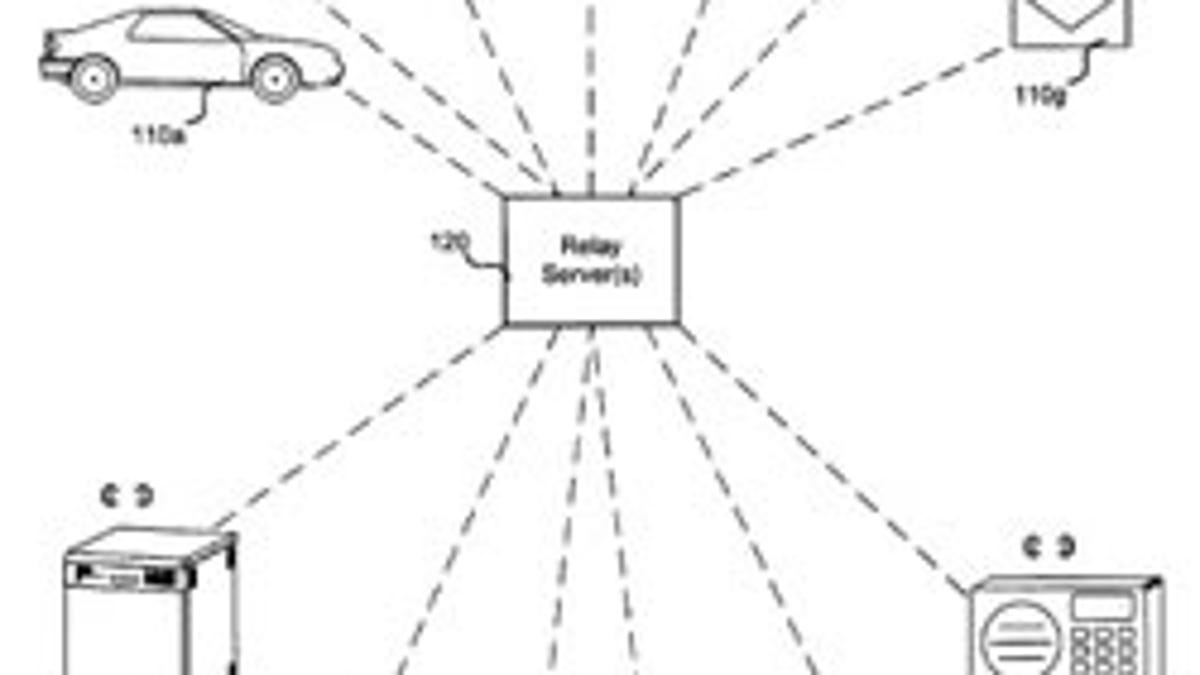Apple patents location-based technology to control devices remotely
A patent describes technology that monitors your location and automatically performs home automation tasks.

Imagine a technology that, based simply on your location, will open a garage door or turn on the lights at home. That's exactly what Apple has in mind in a freshly awarded patent.
Issued on Tuesday by the US Patent and Trademark Office, "System and method of determining location of wireless communication devices/persons for controlling/adjusting operation of devices based on the location" envisions a system that would not require your manual input to control remote devices, as most of today's home automation systems do.
Instead, you'd customize the system to perform certain tasks automatically based on your whereabouts. Your location would be tracked via your iPhone or other mobile device. The home automation system then would respond accordingly.
As one example, the heating or air conditioning in your house could be turned on as you make your way home from work. As another example, your house lights or garage door could be activated as you turn onto your street.
Once you are home, the technology could turn lights on and off as you enter or exit a room. As the patent describes it:
One or more relay servers can access first data received from one or more first devices (e.g., a phone, tablet computer, vehicle tracking device, or badge reader). The one or more relay servers can aggregate the data and infer a location of a person. The one or more relay servers can transmit second signals, including second data to one or more second devices (e.g., lighting systems, security systems, garage door openers, music controllers, climate controllers, or kitchen appliances), the second data being based at least in part on the estimated location.
As always, an awarded patent doesn't mean we'll see the technology pop up anytime soon. In this case, your home would have to be outfitted with the necessary equipment for all of this to work. But it does conjure up a possible next step in the world of home automation.
(Via AppleInsider)

